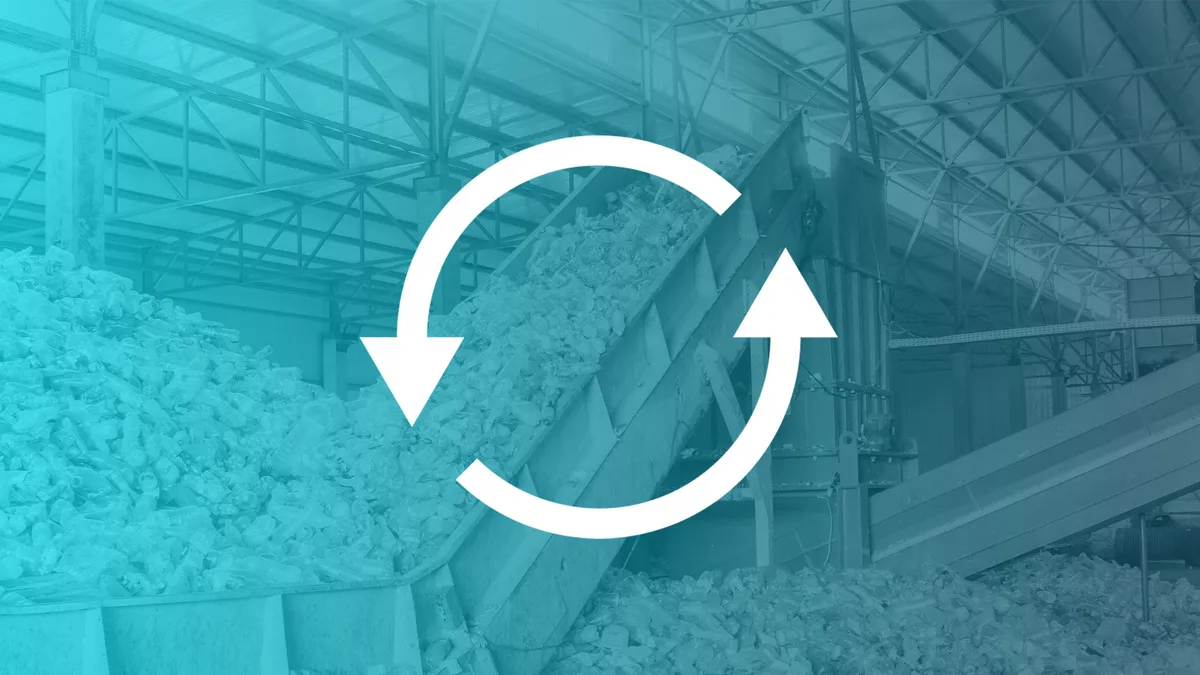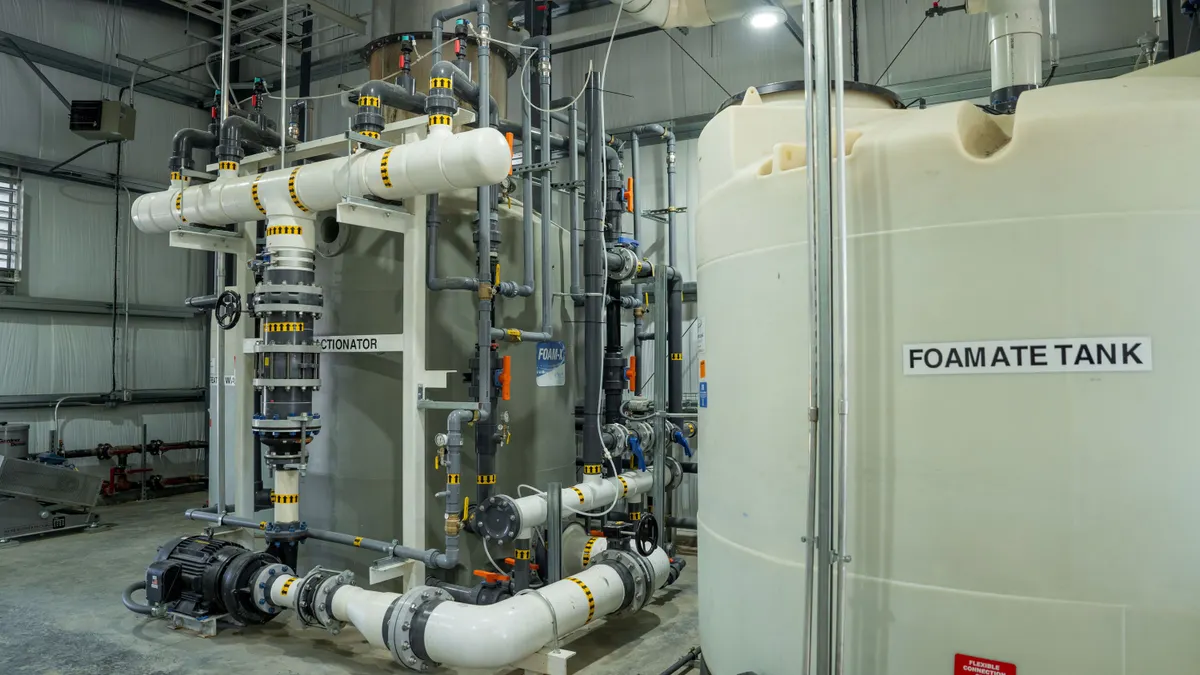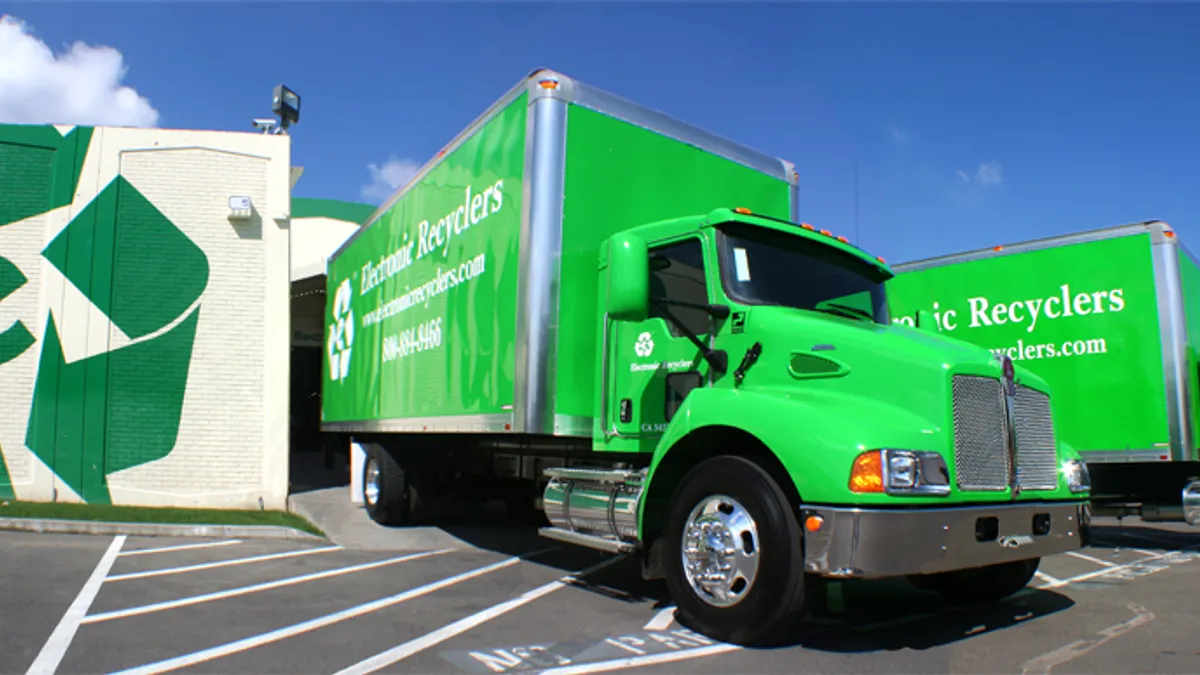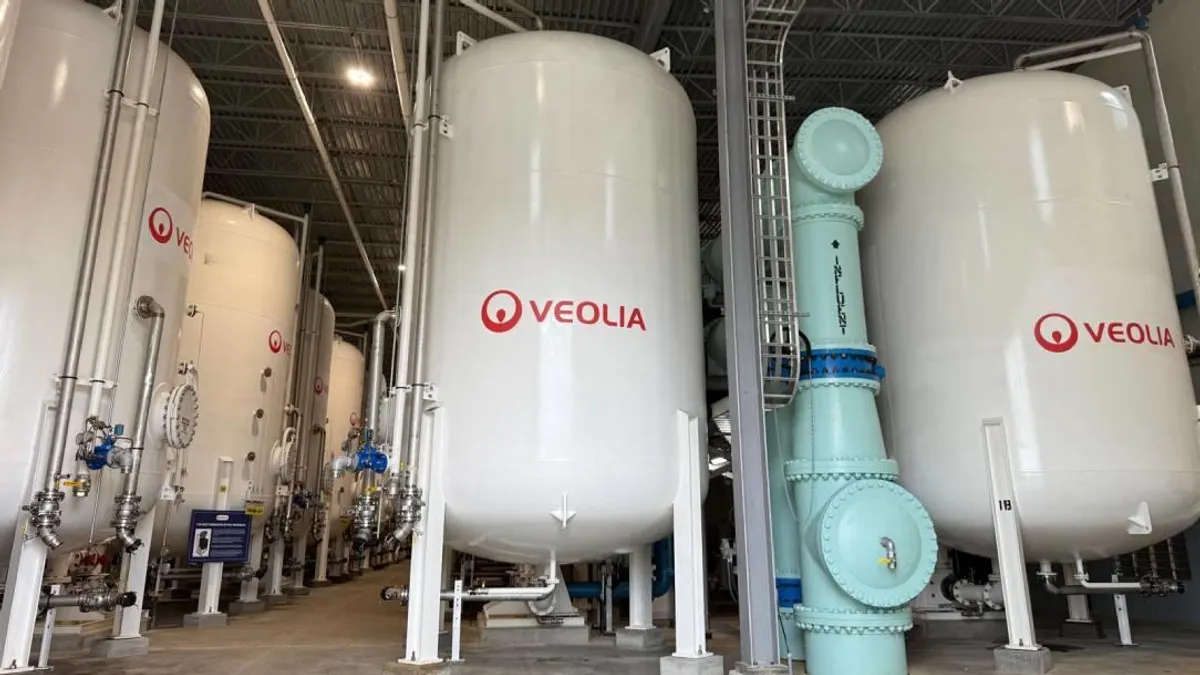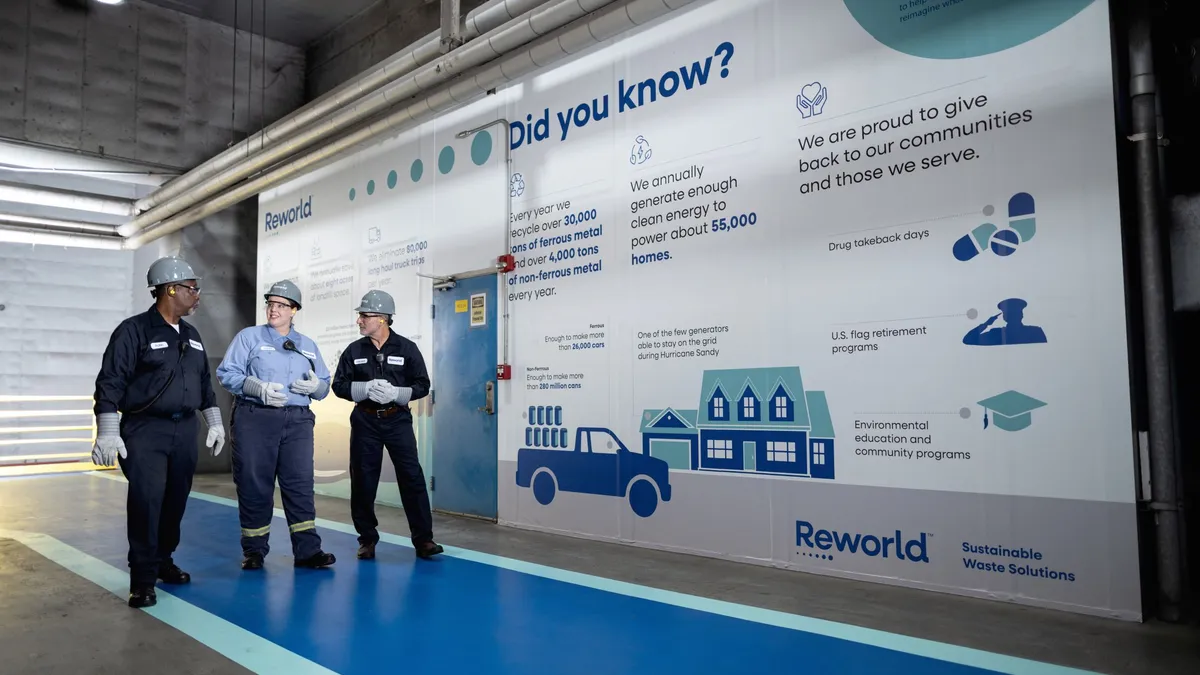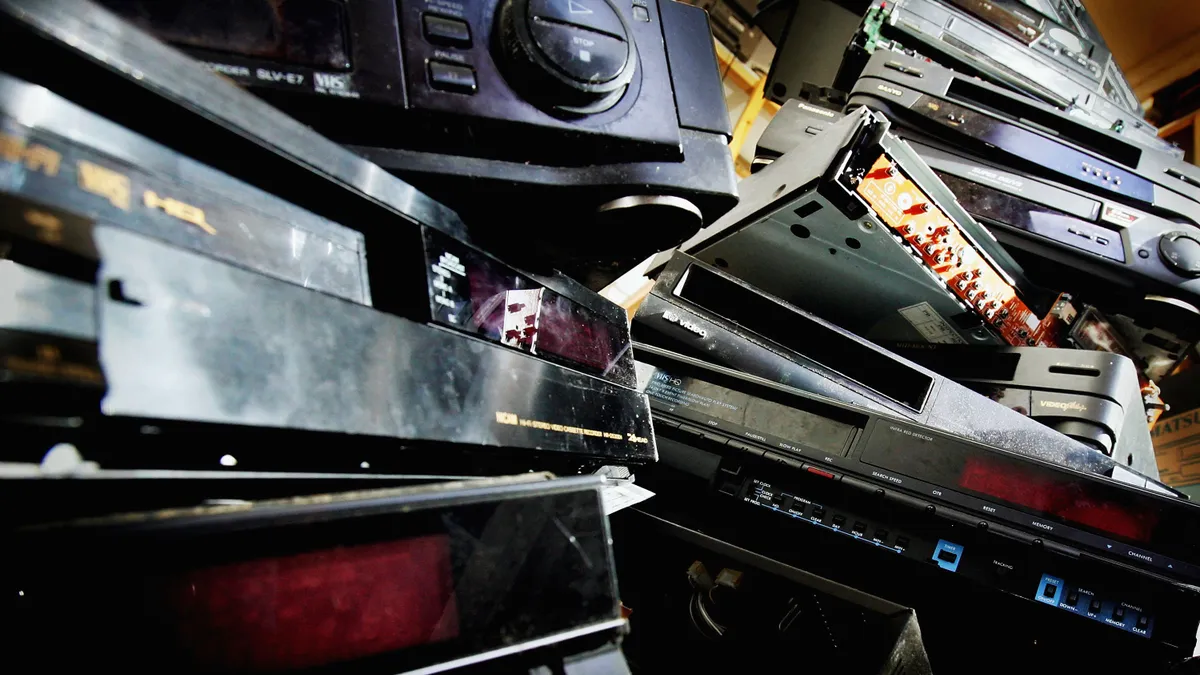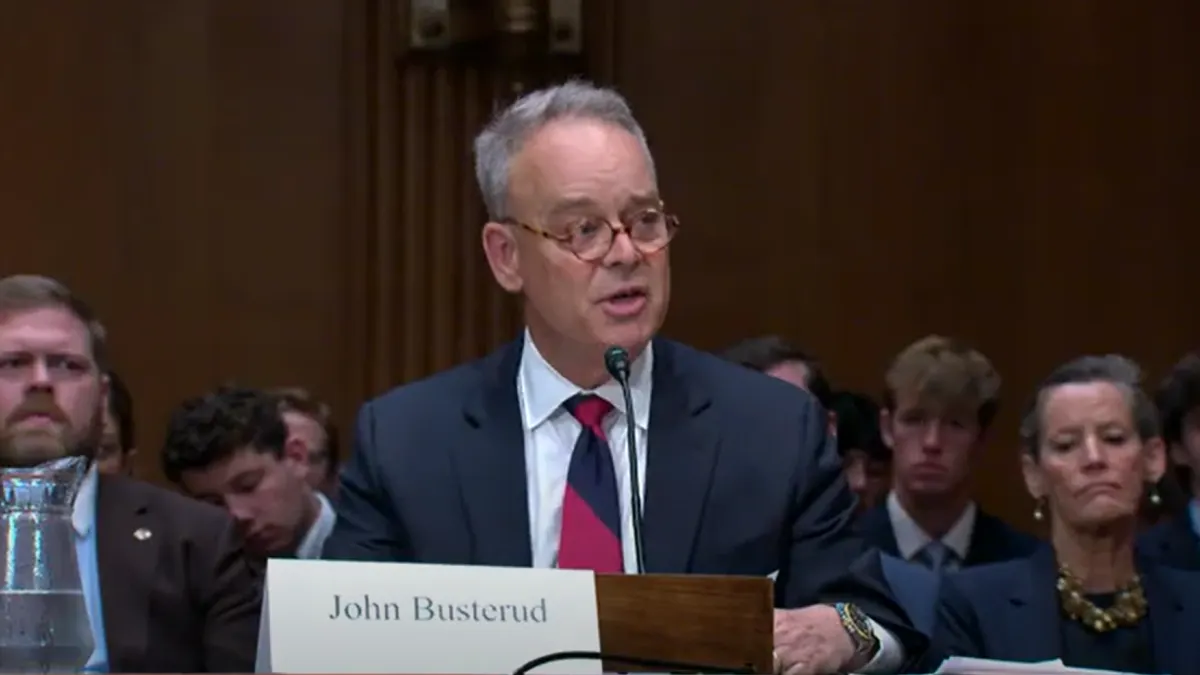In the wake of the COVID-19 pandemic, advocates and entrepreneurs in the reuse economy have had to adapt to new concerns, regulations and social norms. These changes — many of which supporters say pose a direct threat to circular systems, given the recent surge in dependence on single-use items — were a central theme at the virtual conference Circularity 20.
Panelists across different sessions focused on the coronavirus more as a bigger logistical problem to be solved using circular models rather than a short-term challenge to be overcome, touting the increased potential to employ “smart” technologies that could mitigate many safety concerns and facilitate the transition in retail to a more contactless experience.
One of the main concerns surrounding reusable packaging is the capability of retailers and brands to control risk when consumers are in charge of their packaging. In a session showcasing innovators in reusable packaging, José Manuel Moller, founder and CEO of Algramo, revealed his company’s latest initiative: a mobile station for vending package-free consumer goods. A machine attached to a tricycle delivers goods like laundry detergent or dish soap directly to consumers, in a manner similar to Uber Eats.
Consumers download an app where they can order vending machine deliveries. The machines are all connected to the cloud and radio-frequency identification technology, which is also embedded into the packaging that consumers own. As the product is dispensed from the vending machine and into the refillable packaging, it can act as a “wallet” that charges consumers based on how much they need.
The company says the bulk aspect of the program offers consumers a better per ounce price, and the vending machine model allows consumers to further control the cost, since they can purchase as little or as much as they like. Moller referred to this model of reuse as “the safest solution for COVID,” because not only does the distribution method allow consumers to shop from home, but also “no one else is touching the packaging.”
Reusable to-go cup programs were another circular business venture featured throughout the event, which have also come to lean heavily on smart technology. In the same panel as Moller, CupClub CEO and Founder Safia Qureshi said her company’s entire system operates through the cloud, linking its products with the people using it.
Qureshi said this approach not only creates a contactless experience, but it offers the opportunity to develop a “library of infrastructure” that Qureshi hopes to apply to other verticals in retail. Through technology, Qureshi has been able to monitor the success of CupClub, which is determined based on the rate at which cups are returned and reused. Prior to the pandemic, the program’s return rate was 95%. For the 10,000 cups it has in circulation, CupClub has logged 400,000 uses.
Brian Reilly, CEO of Muuse – another to-go cup company – also cited a very high return rate of 98% during a panel on changing consumer behaviors. However, he warned not to conflate a high return rate as a sign of consumer adaptability. He attributed Muuse's success in part to the unique demographic of its first users, the kind of consumers that already brought their reusable mugs to coffee shops.
“These were people who were already excited about this topic. True believers, the people who are sustainability advocates,” said Reilly.
Reilly’s experience with Muuse was illustrative of another challenge circular economy entrepreneurs face: increasing the accessibility and scale of these novel programs, particularly in the context of a public wrought with pandemic-related fear. He alluded to the possibility of policy “intervention” to help reuse-oriented businesses achieve necessary scale. “As a reuse company, it’s hard for us to compete with single-use [products],” said Reilly. “We might need a little bit of help to get there.”
TerraCycle’s Loop program, however, offers an example for how the private sector is working to develop scale on its own. In a session on reusable packaging in a post-COVID world, CEO and Founder Tom Szaky, described the program’s focus on consumers that “really want the throwaway experience,” as opposed to the small percentage actively seeking sustainable products. Furthermore, his company is investing in a “buy anywhere, return anywhere” model, to “increase convenience of reusability and compete with disposability on that front.”
Underlying the hopeful narrative of a smart, sensor-driven circular future, however, was an awareness of new ideological obstacles and a sense that the pandemic may have hindered progress on sustainability as a movement in retail.
In a session on developing recycling solutions for Middle America, Suzanne Shelton, president & CEO of the environmental consulting firm Shelton Group, said the pandemic has resulted in a decreased awareness of environmental issues.
“This is something that all of us in the pandemic needs to internalize: we’ve not been communicating enough. We’re hearing less about single-use plastic bans," she said. Shelton's firm conducted a recent poll showing that by the middle of the pandemic, interest in purchasing “green” products was waning among United States residents. “When we don’t see grocery stores, restaurants actively reducing plastic waste, we slip out of it.”
In another session on reusable packaging, Holly Kaufman, president of the consulting firm Environment and Enterprise Strategies, lamented the mass return to single-use plastic since the pandemic started. She said this has resulted in the cancellation of many familiar examples of reuse in retail, noting “the plastics [industry] is really taking advantage of the COVID moment."
In the same session, John Hocevar, oceans campaign director for Greenpeace USA, said the ensuing “bans [against reusable bags] have resulted in the distribution of one billion plastic bags.” Hocevar cited the organization’s recent work countering the “PR war” on reuse, pointing to a report entitled “Reusables Are Doable,” published by the organization.
Hocevar offered personal protective equipment (PPE) as a more upbeat example for the path circular economies could take moving forward.
“It’s difficult to maintain an equitable, global supply of single-use PPE,” Hocevar said, as the need to replenish supplies makes scarcity a constant issue. Referencing an increasing acceptance of reusable cloth masks, Hocevar asked, “If the USA can embrace reusable masks in a couple months, then why can’t reuse gain traction elsewhere?”


